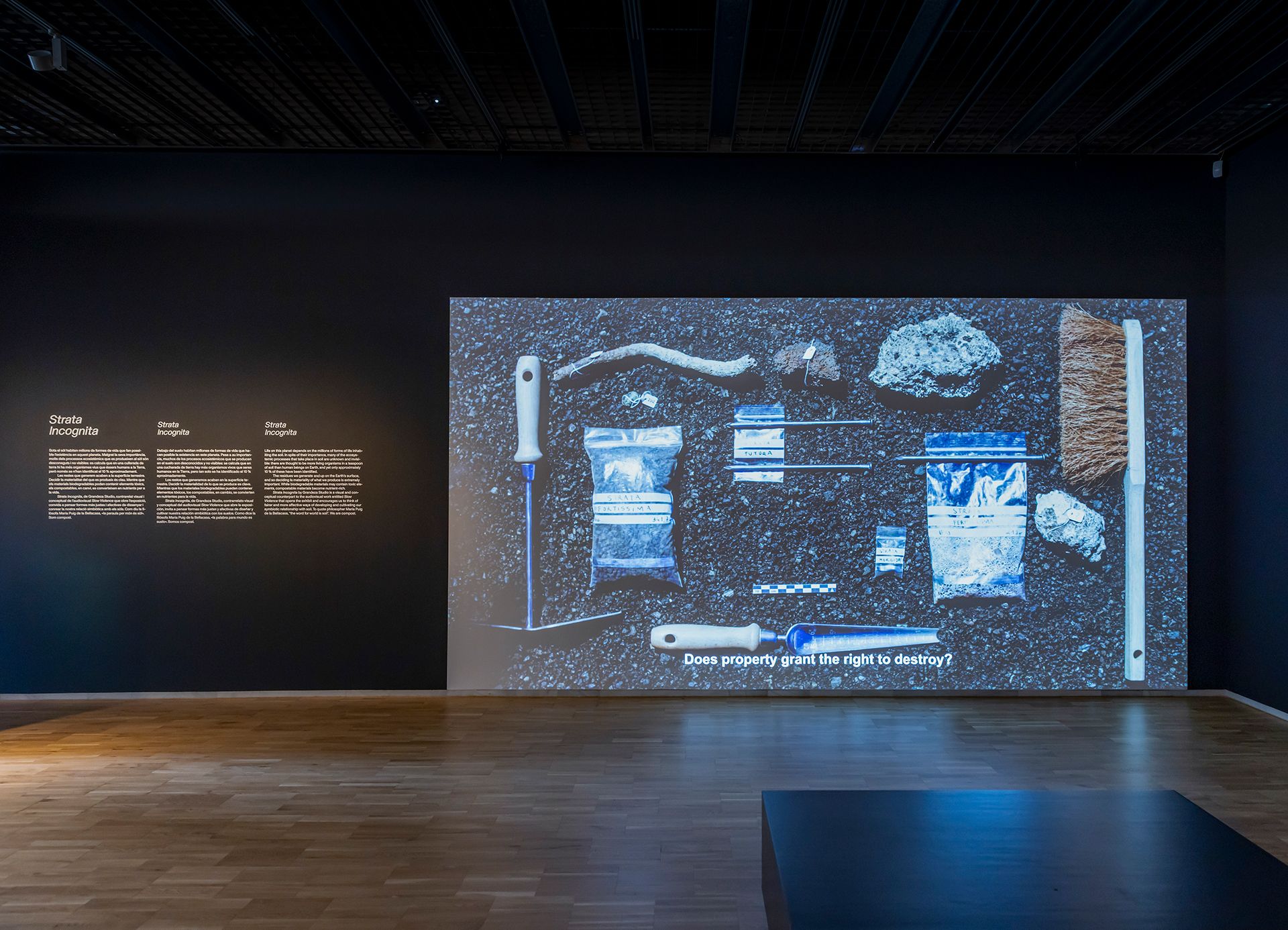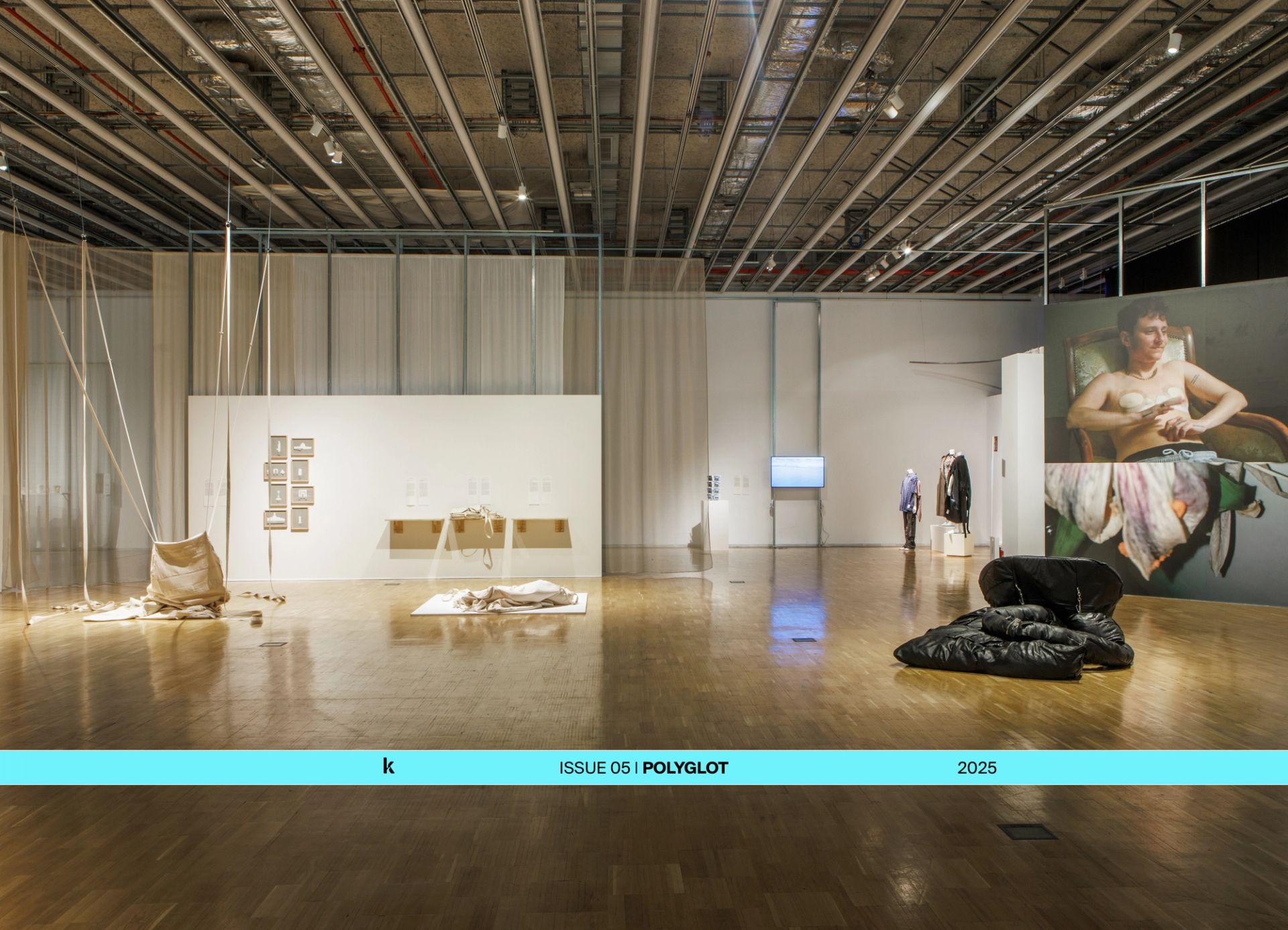Curators Otar Nemsadze and Tinatin Gurgenidze explain the notion of useful errors, imperative lessons and ‘Correct Mistakes’ — the latter being the title of the fourth Tbilisi Architecture Biennial. As such, the focus of the biennale is around common resources and their exploitation, beginning with an open call for participation.
This conversation has been developed within the context of our media partnership with the Tbilisi Architecture Biennial.
FEDERICA ZAMBELETTI / KOOZ To start with the title of the fourth edition of the Tbilisi Architecture Biennial, which is Correct Mistakes: what prompted this oxymoron? What does it allude to?
OTAR NEMSADZE & TINATIN GURGENIDZE The title of the Tbilisi Architecture Biennial (TAB) exhibition is always linked to the main and overall theme of the biennial. We use it as a tool to provoke diverse discussions around the theme, and that's why it is usually quite general. If you put a question mark at the end of our title, the context would be different — as it would be if you add a full stop or any other symbol.As we look at common resources, their usage and exploitation, our title plays a very important role. One can see it as correcting mistakes or as an imperative, needing to correct them. Our participants are free to interpret the title Correct Mistakes in any way they find it to be meaningful.
As we look at common resources, their usage and exploitation, our title plays a very important role. One can see it as correcting mistakes or as an imperative, needing to correct them.
KOOZ The major research focus of TAB 2024 is around water, specifically on the transformation of revered water bodies into exploited resources. How does the Tbilisi Biennial build upon the project of january, february, march, which was presented within the context of the Venice Biennale 2023?
TG | ON For us, last year’s Venice Biennale was somehow a preparation for TAB 2024. We started with our research from Venice; somehow, this is a continuation of the discussion that should go beyond the concerns around water. Indeed, we feel that we should address all the resources that we have in common. After Venice, we felt the necessity to continue working on this topic, making it more broader and also bringing it to Georgia.
KOOZ TAB 2024 unfolds through formats and mediums which span exhibitions, workshops, installations, symposiums, guided tours, film screenings, and lectures. Could you share a little bit of how the programme for Correct Mistakes was conceived and how it interacts with the city of Tbilisi?
TG | ON TAB’s approach is to always have open calls, whereby we invite all people regardless of background or location to submit their proposals. This year, we asked participants to submit their proposals for both physical projects and workshops. We have had years when we had additional categories like digital projects or contributions to publications; this year’s categories relate to our theme.
TAB’s approach is to always have open calls, whereby we invite all people regardless of background or location to submit their proposals. This year, we asked participants to submit their proposals for both physical projects and workshops.
Apart from the open call, this year we have decided to focus on the exhibition aspect at the centre of the Biennial and build upon the activities we have run since the first edition in 2018. In the last edition, we added guided tours in the programme; these proved to be very interesting and enthusiastically demanded by our visitors. So this year we have added a variety of tours that are again centered around the theme of Correct Mistakes.
Finally, TAB continues to host a symposium, as one of the core activities of the Biennial. This is a platform for exchange between different scholars and participants, more aligned within a research framework and united in panel discussions around the main theme.
KOOZ Focusing on the thematic exhibition and two installations, what kind of voices have been invited to participate – what topics/projects are platformed?
TG | ON The participants and their chosen topics come from an aggregation of the open call and the people that we chose specifically, as curators. We have looked at a wide range of participants with various backgrounds, as we aim to tackle the topic from different angles. Our intention is not to look at things only from the perspective of architects or urbanists, but rather to look at it in a broad way. This is why we have such a wide range of people involved.
KOOZ During the third day TAB will present its first film screening programme in collaboration with DOCA. What is the power of film as a tool to expand the conversation beyond the institution?
TG | ON Films are visual expressions of the topics that we address. Similarly to other activities like exhibitions, they may have a distinctive audience. If we look at the previous editions, film screenings are often attended by those people who do not usually come to see exhibitions or installations. They are more into moving images, where narratives are self explanatory in most of the cases. This is also a good way to learn, explore and contribute to understanding of the topic in a broader way.
Bios
Otar Nemsadze is a co-founder of the Tbilisi Architecture Biennial. Otar holds an M.Arch degree from the Georgian Technical University and an M.Sc. in Urban Management and Development from the Institute of Housing and Urban Development Studies, Erasmus University, Rotterdam. In his PhD he focuses on land ownership structures, land conflicts and effects of property ownerships on development of the capital city of Georgia, Tbilisi.
Tinatin Gurgenidze is an urban researcher, curator, and author. She lives and works between Tbilisi and Berlin. Tinatin is the author of several publications and projects dealing with urban topics in Tbilisi and other east European cities. Recently she has established an alternative researching and learning project Common Territories. Tinatin is also a co-founder and one of the artistic directors of the Tbilisi Architecture Biennial.
Graphic design by Tikuna Adeishvili.





